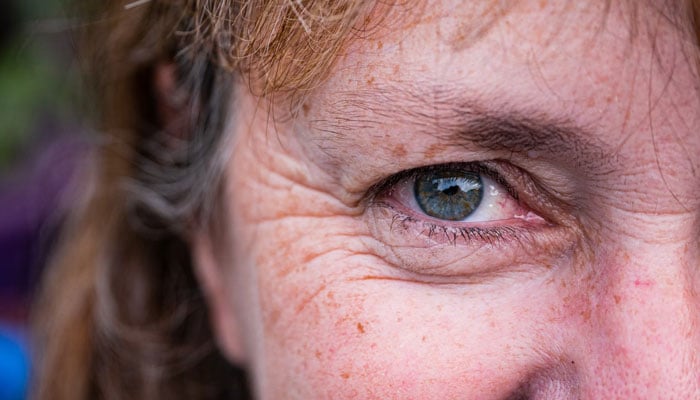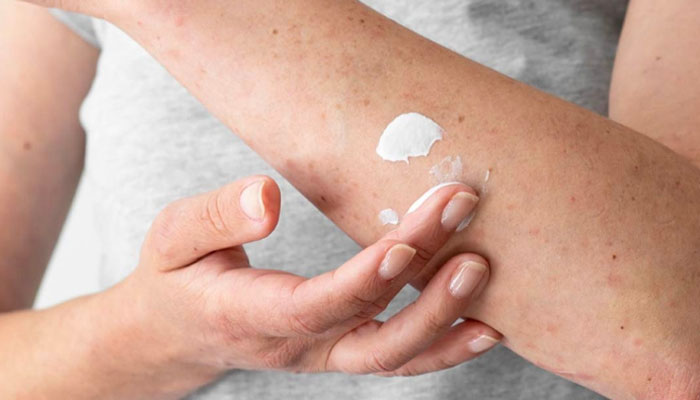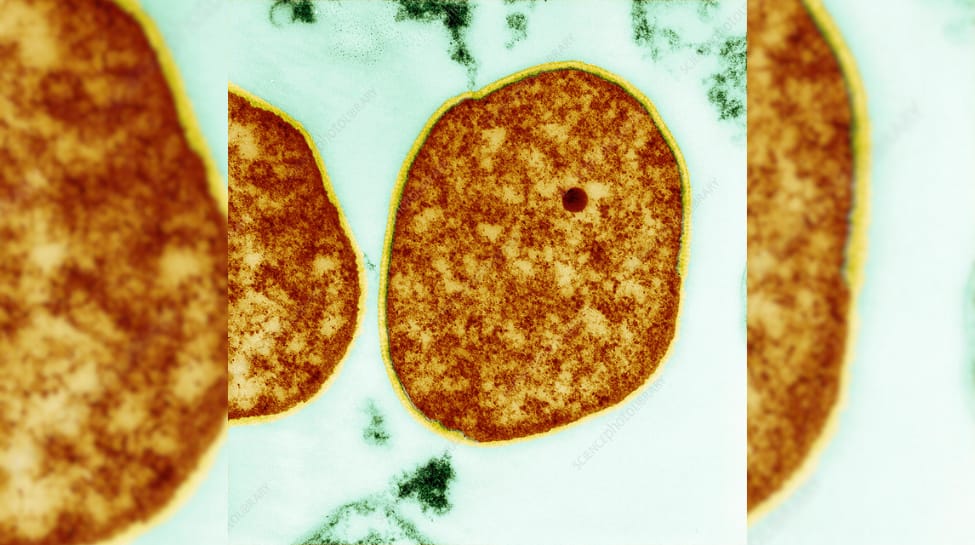Famously known as “sunshine vitamin,” vitamin D is produced by human skin when exposed to sunlight
Doctors and experts have often emphasised the importance of Vitamin D for maintaining a healthy human body. They have revealed that a deficit in vitamin D can lead to various health issues.
These health issues include poor bone health, mood swings, muscle cramps, slow wound healing and hair loss.
Vitamin D deficiency is common, with 79% of men and 75% of women suffering from it, which makes it crucial to address. But how does one know if they lack vitamin D?
Here are five changes in the skin that can indicate a vitamin D deficiency.
Pale or dry skin
Vitamin D is essential for the proper functioning of melanocytes, the cells responsible for producing skin pigment. This indicates that an insufficient level of vitamin D can further lead to frequent acne breakouts or random paleness on the skin.
These changes in skin colouration serve as an outward manifestation of an internal imbalance.
Vitamin D deficiency can also lead to red, dry, and itchy skin
Excessive hair loss

Vitamin D is crucial for hair growth and is directly related to keratinocytes.
Low levels can lead to hair loss due to insufficient supply of these cells, which stimulate hair follicles. Research indicates that most women suffering from hair loss also suffer from vitamin D deficiency.
Excessive sweating on forehead

Experts have said that excessive sweating can indicate vitamin D deficiency, a condition influenced by genetics and environmental factors.
Studies show a correlation between low vitamin D levels and increased sweating, as inadequate levels disrupt the nervous system’s balance, leading to excessive sweating.
Fast ageing skin

Deficiency in Vitamin D can make your skin age faster. Different changes in the functioning of the body due to vitamin D deficiency contribute to premature ageing.
Additionally, ageing also affects the ability of your body to produce vitamin D.
Eczema flare-ups

Eczema flare-ups may also be exacerbated by vitamin D deficiency, which regulates the immune response and may alleviate symptoms.
Maintaining optimal vitamin D levels can help manage eczema and reduce flare-up frequency and intensity.
If you suffer from persistent eczema, considering your vitamin D levels and taking appropriate measures may provide relief.
Famously, known as the “sunshine vitamin”, vitamin D is produced by human skin when exposed to sunlight. It is essential to spend time outdoors, especially in the midday sun, for 10 to 30 minutes per week to maintain the required levels.
While traditional supplements also help, they may take time to show effects and may not always be effective.














































